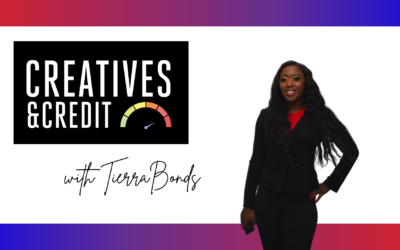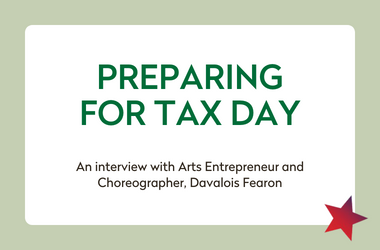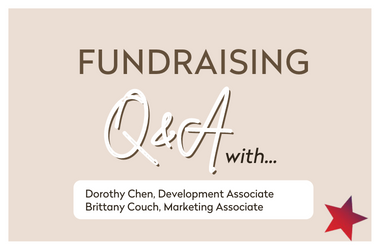Promoting Your Program: 4 Questions to Ask Yourself Before Writing An Event Description
How to Write an Event Description
While it’s not easy to perform for a captive audience, it’s even worse to hold an event and find no one watching! The key to filling the house (either a real venue or a virtual one) begins long before the curtain goes up. Create a compelling and thoughtful event description to set the stage for a great program.
Here are four questions to ask yourself as you write an event description. Addressing these will make it easier to attract an audience, sell tickets, and increase overall satisfaction. And with so many events moving online, your competition is global, so promoting your program to stand out from the pack is more important than ever.
Who would love this event?
If your description is designed to attract everyone, you’re more likely to attract no one. That’s because people are drawn to specific language that feels tailored to them. Instead, get specific. Think about who would love your event, and get inside their head! Do they like formality, or a more casual tone? Is there jargon that would annoy them, or aspects of your event that would catch their eye? For example, if your event is a party geared for millennials, you might use a phrase like “Yas queen!” whereas a concert aimed at baby boomers might make a reference using “here comes the sun.” Write with a specific person in mind, and you’re more likely to avoid pitfalls and write with conviction.
Where and how will this information be consumed?
Imagine the context in which your target audience member will read about your event. During the pandemic, more people are home and on laptops rather than phones, but typically, many professionals are frequently on the go and read articles quickly on mobile devices. Seniors might be reading a printed brochure more carefully. Tailor the length and style of writing to the context. Will your description be posted on a website, shared on Facebook, or sent in an email newsletter? Think about creating separate versions of the description for each.
What will the event experience be like?
Arts programs have a lot of thought behind them. You’ve likely done research, created your philosophy and approach, explored new ideas along the way, and by now, you are brimming with anticipation about bringing the whole program to life. But don’t forget that for your audience, the experience is completely new, and they may be wondering more about the logistical and sensory details before they get themself into something they didn’t expect. Think about the structure of their experience — what will they see, hear, and do when they arrive? For example, you might mention that the program is divided into two parts: the discussion followed by the Q&A. Are there logistics they need to know? Many of us are holding events online for the first time, so that might include registration information and where they will find the link to the event. Even if it’s a legacy program, the details and login information may be totally new, even to your longtime followers. Don’t let confusion get in the way of the experience. Keep the description grounded in reality, so that they won’t be disappointed by a program that doesn’t fit what they expected.
What will be the lasting impact for an attendee?
Potential audience members want to know that your event will be worth spending their time, money, and energy to participate. The best way to address this concern is to show them why the investment will pay off. Your program could create a lasting memory, serve as a conversation starter, make someone understand a new point of view, or simply bring inspiration to an otherwise bland day. But none of this will happen if you don’t make the case to buy a ticket! For a meditation class, you might share that attendees will come away with a fuller understanding of their inner workings. At a dance performance, you could mention that audience members will have a new perspective on the body’s capabilities. If you feel uncomfortable creating your own case, consider using a testimonial, quote, or excerpt from a review to help build one. Be upfront and bold about why the experience will be valuable, and you’ll make your event hard to turn down.
NEXTSTEPS GUEST WRITER: ROBIN CAROL | 11.23.20
Robin Carol is a New York City-based communications and marketing professional who has worked with arts and cultural organizations to reach audiences and grow engagement. She has been a Pentacle board member since 2015.
Latest Blog Posts
Creatives & Credit
Creatives & Credit: A Credit Score WorkshopRecorded on May 4th 2022 Pentacle Presents FREE Creatives & Credit Workshop with Tierra Bonds For artists and creatives looking to build good money habits, this fiscal session teaches you how to reach your credit...
Preparing for Tax Day
Preparing for Tax DayAn interview with Davalois Fearon In preparation for Tax Day, we talked with Davalois Fearon about her experience working with Pentacle, and how it has helped her with her taxes and gain overall financial health, especially through Fiscal...
Planning A Fundraising Event
Planning A Fundraising EventEvent fundraising can be a great way to raise funds There are a number of ways to fundraise money for an organization or cause. One of the most collaborative ways to fundraise is by hosting an event. There are many steps to consider when...



